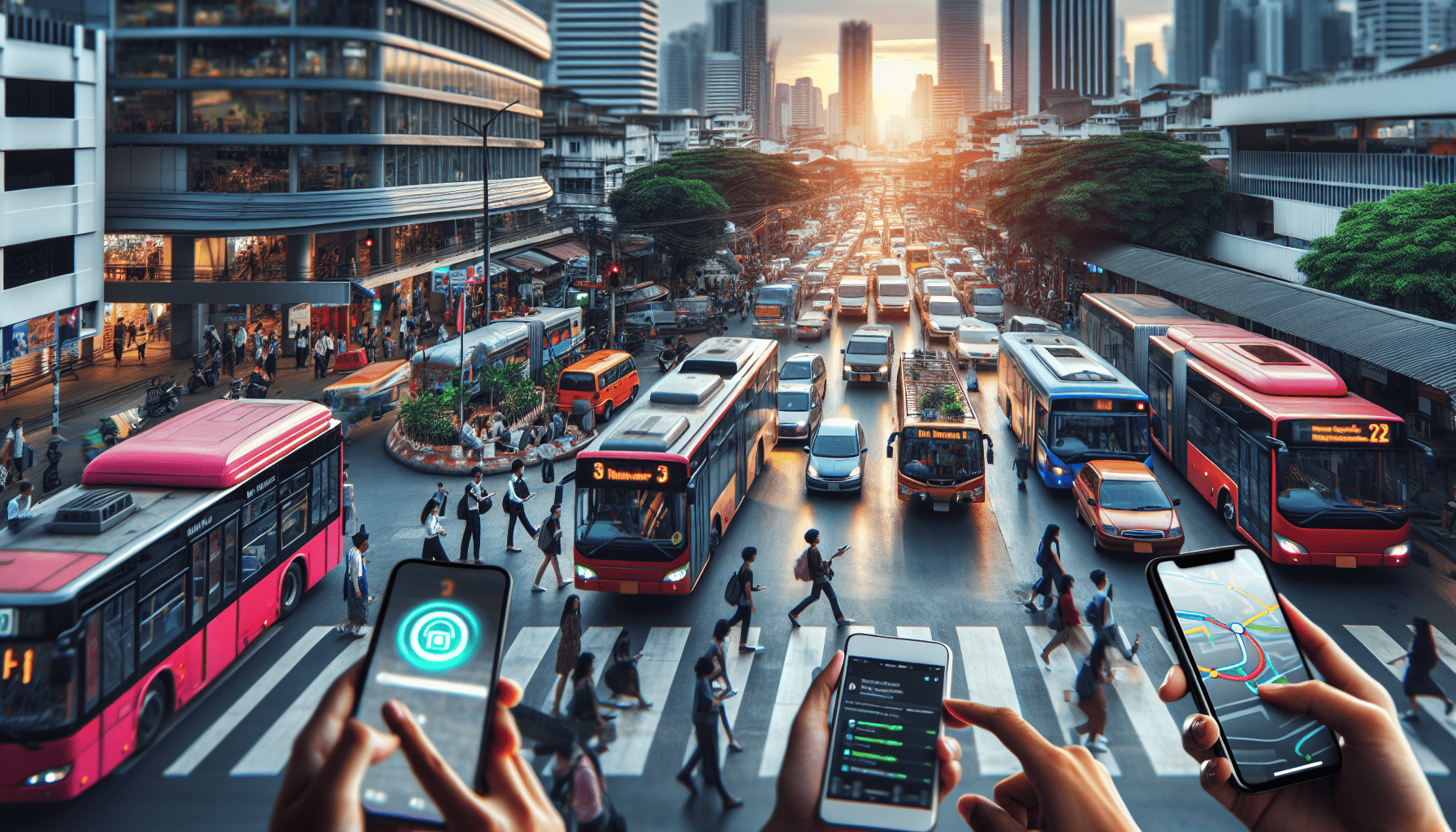In recent years, the United Arab Emirates (UAE) has established itself as a leader in embracing innovative transportation solutions, reflective of its broader vision for becoming a hub of modernity and sustainability. As the travel demands of a rapidly growing population continue to expand, UAE’s travel strategies are evolving to incorporate intelligent transport systems and sustainability into daily commuting. These advancements not only promise improved efficiency and convenience but also align with global environmental goals.
One of the most significant trends shaping the future of automotive travel in the UAE is the integration of intelligent transport systems (ITS). These systems leverage cutting-edge technology to enhance the efficiency, safety, and convenience of transportation networks. By incorporating data analytics, real-time monitoring, and automated systems, ITS can streamline traffic flow, reduce congestion, and improve the overall commuting experience. For instance, smart traffic lights equipped with sensors can adapt to real-time traffic volumes, cutting down unnecessary wait times and easing the daily grind for commuters.
Furthermore, the UAE has been investing heavily in smart infrastructure to support the seamless adoption of ITS. Initiatives such as smart parking solutions, electronic toll collection, and advanced metering for public transport are being rolled out across major cities. By harnessing these technologies, the UAE aims to create a more integrated and user-friendly travel environment that reduces travel time and enhances urban mobility.
Equally important to these technological advancements is the emphasis on sustainability within the UAE's travel plans. As one of the world’s leading oil producers, the UAE recognizes the urgent need to transition toward more sustainable energy sources. The automotive sector is a critical component of this transition. In a bid to reduce carbon emissions and promote sustainable mobility, the government has initiated various incentives to encourage the adoption of electric vehicles (EVs).
These incentives include tax benefits, subsidies, and the expansion of a nationwide network of EV charging stations. By making electric vehicles more accessible and convenient, the UAE is paving the way for a cleaner, quieter, and more sustainable mode of transportation. Moreover, hybrid vehicles and biofuel alternatives are being encouraged to bridge the transition toward fully renewable energy sources.
Public transport is also a focal area in the UAE's sustainability efforts. The expansion of metro lines, trams, and buses, coupled with enhancements in the quality and reliability of these services, is designed to offer viable alternatives to private car travel. These efforts aim to reduce the carbon footprint of daily commutes and ease the pressure on existing transport infrastructure. Additionally, the promotion of non-motorized modes of travel such as cycling, aided by the development of dedicated bicycle lanes, is gaining traction in urban planning agendas.
In line with these advancements, public awareness campaigns are crucial to fostering a culture that supports these changes. By educating the populace about the benefits of sustainable and smart travel options, the UAE can build a community that actively participates in and benefits from these developments.
Overall, the UAE's commitment to integrating intelligent transport systems and sustainability into its travel plans is a testament to its vision of creating a future where innovation and environmental stewardship go hand in hand. As these trends gain momentum, daily commuting in the UAE is set to become not only more efficient and enjoyable but also an integral component of the country's sustainable development goals. The journey towards a smarter and greener tomorrow is well underway, promising significant benefits for citizens and the environment alike.
